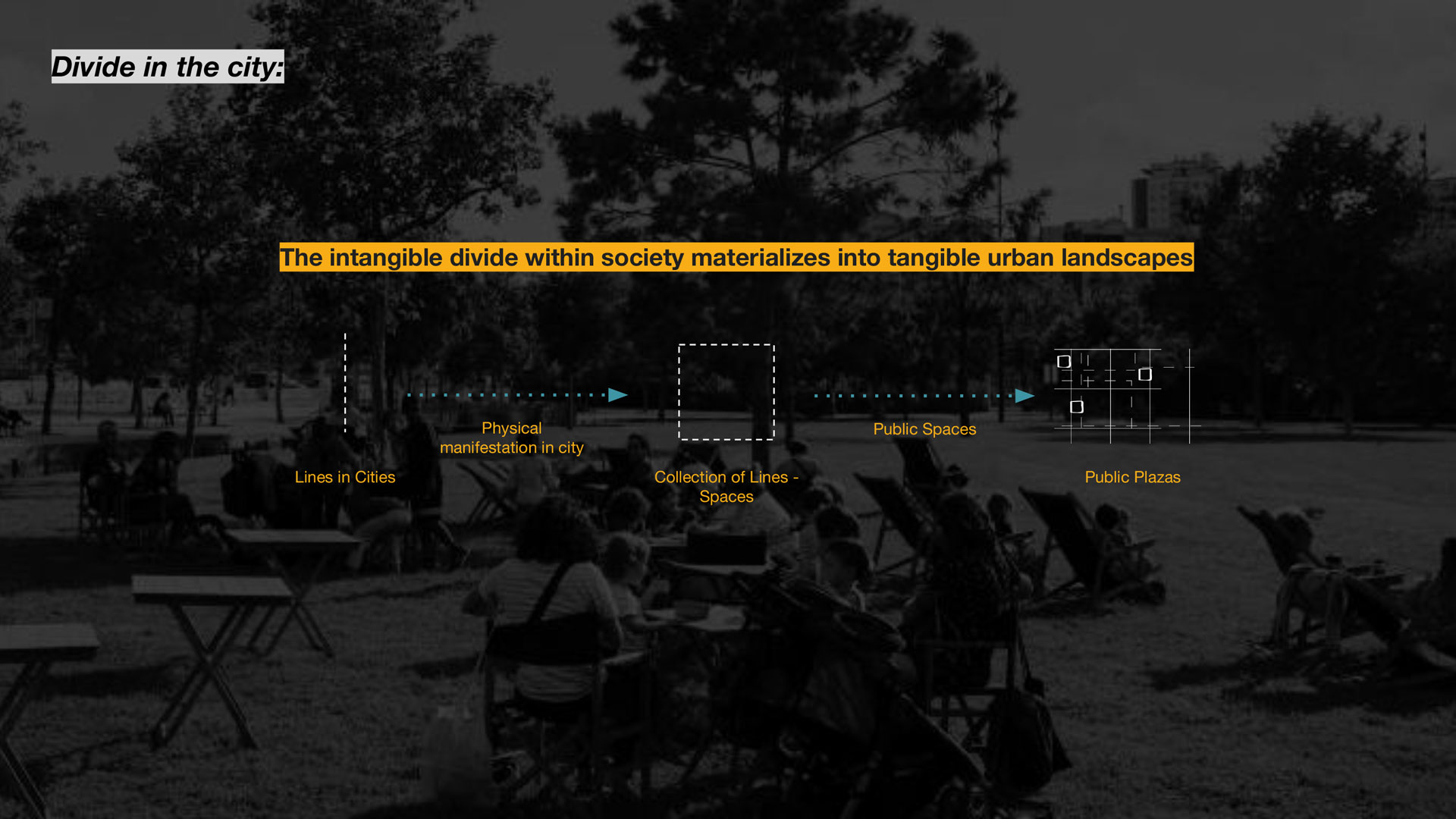Navigating Income Inequality: A Star's Perspective

Table of Contents
The Glaring Discrepancy in Celebrity Earnings
The Top 1% vs. the Working Actors
The chasm between the highest-paid actors and the vast majority of entertainment professionals is staggering. A-list celebrities routinely command tens of millions of dollars per film, while many working actors, writers, and crew members struggle to earn a living wage. This extreme income disparity represents a significant challenge to the overall health and fairness of the industry.
- Examples: While some actors earn multi-million dollar salaries, many background actors earn only minimum wage, or even less, per day. Similarly, many writers work for meager fees per episode, with little to no residual income.
- Precarious Employment: The entertainment industry is notorious for its project-based work, leaving many professionals without consistent income or benefits. This lack of job security exacerbates the existing economic inequality.
Systemic Issues Contributing to the Gap
Several systemic factors contribute to this significant income inequality. The power dynamics between studios and talent are heavily skewed in favor of the studios, leading to unequal negotiations and contracts.
- Studio Power: Studios often wield considerable leverage in contract negotiations, dictating payment structures and leaving many actors and crew with minimal bargaining power.
- Agent Fees: High agent commissions can further reduce the already limited earnings of many entertainment professionals.
- Lack of Transparency: A lack of transparency in revenue sharing further exacerbates the issue, leaving many professionals unaware of the true financial success of their projects.
- Union Influence: While unions like SAG-AFTRA play a crucial role in advocating for better working conditions and pay, their effectiveness in addressing the extreme income inequality remains a subject of ongoing debate and ongoing efforts.
The Impact of Income Inequality on the Entertainment Industry
Creative Stifling
Income inequality can significantly stifle creativity and diversity within the entertainment industry. Financial insecurity often forces talented individuals to accept less fulfilling or exploitative work, limiting their creative potential and contributing to a homogenization of content.
- Independent Filmmakers: Independent filmmakers and artists frequently struggle to secure funding, hindering their ability to produce innovative and diverse projects.
- Underrepresented Groups: The lack of financial resources disproportionately impacts actors and writers from underrepresented backgrounds, further perpetuating existing systemic biases and limiting opportunities.
Social and Cultural Consequences
The income inequality within the entertainment industry extends beyond its immediate participants, having significant social and cultural consequences.
- Unrealistic Portrayals: The extreme wealth displayed in the entertainment industry often perpetuates unrealistic portrayals of wealth and success, shaping public perception and contributing to societal inequalities.
- Ethical Implications: The accumulation of extreme wealth by a select few within an industry that relies heavily on the creative labor of many raises significant ethical questions about fair compensation and equitable distribution of resources.
Potential Solutions and Pathways to a More Equitable Industry
Fairer Compensation Models
Implementing fairer compensation models is crucial to addressing income inequality. This could involve:
- Revenue Sharing: More transparent and equitable revenue-sharing models could ensure that all participants in a project benefit from its success.
- Collective Bargaining: Strengthening collective bargaining power through robust unionization efforts is essential in negotiating fair wages and working conditions.
- Alternative Structures: Exploring compensation structures utilized in other industries, such as profit-sharing or performance-based bonuses, could offer valuable insights.
Promoting Diversity and Inclusion
Initiatives promoting diversity and inclusion are essential to creating a more equitable entertainment industry. This includes:
- Targeted Programs: Implementing programs specifically designed to support and empower underrepresented groups within the industry.
- Mentorship and Sponsorship: Establishing robust mentorship and sponsorship programs to provide guidance and support for aspiring professionals from diverse backgrounds.
Conclusion
Income inequality within the entertainment industry is a complex and multifaceted problem with significant consequences for individuals, the creative landscape, and society as a whole. The vast discrepancies in earnings, systemic issues like unequal power dynamics, and the resulting creative and social limitations are undeniable. However, by implementing fairer compensation models, promoting diversity and inclusion, and fostering stronger collective bargaining power, we can work towards a more equitable and just entertainment industry. Understanding and addressing income inequality is crucial for building a more just and equitable entertainment industry. Let's work together to navigate this complex issue and create a future where talent and hard work are fairly rewarded, reducing the significant wealth gap and promoting a more inclusive and representative entertainment landscape.

Featured Posts
-
 Colin Jost And Scarlett Johanssons Income Disparity Examining The Pay Gap
May 19, 2025
Colin Jost And Scarlett Johanssons Income Disparity Examining The Pay Gap
May 19, 2025 -
 Second Child For Jennifer Lawrence And Cooke Maroney A Family Grows
May 19, 2025
Second Child For Jennifer Lawrence And Cooke Maroney A Family Grows
May 19, 2025 -
 Rafael Nadal Confirma El Fallecimiento De Manuel Orantes
May 19, 2025
Rafael Nadal Confirma El Fallecimiento De Manuel Orantes
May 19, 2025 -
 Ierosolyma I Anastasi Toy Lazaroy Kai I T Hriskeytiki Tis Simasia
May 19, 2025
Ierosolyma I Anastasi Toy Lazaroy Kai I T Hriskeytiki Tis Simasia
May 19, 2025 -
 Nyt Mini Crossword Answers For April 18 2025
May 19, 2025
Nyt Mini Crossword Answers For April 18 2025
May 19, 2025
